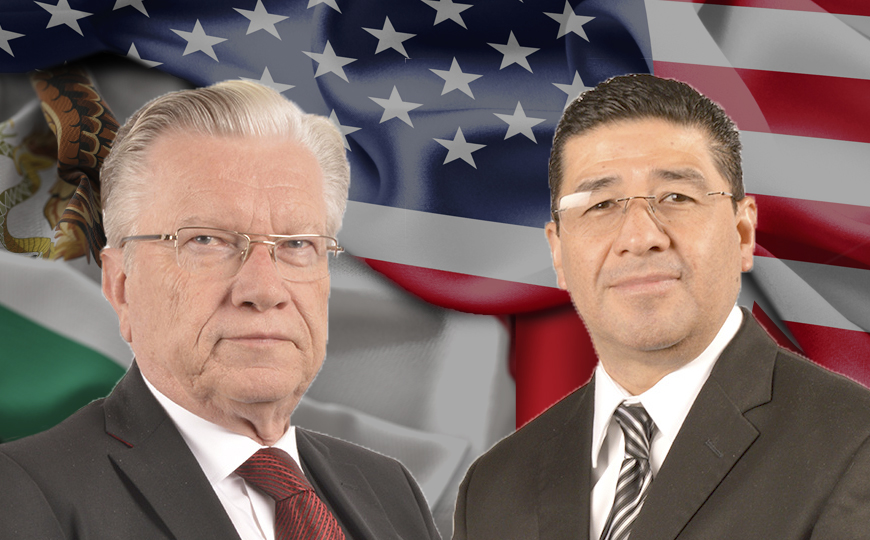Round six of the renegotiation of NAFTA started on Tuesday January 23d in Montreal, Canada with no major progress having been made on key issues through the first five rounds. Only one further round after this week is scheduled and Donald Trump continues to repeat his threat that if he doesn’t get the deal he wants, he’ll withdraw. Already on January 18th he hammered another nail into NAFTA’s coffin by tweeting: “The Wall will be paid for, directly or indirectly, or through longer term reimbursement, by Mexico, which has a ridiculous 71 billion dollar trade surplus with the U.S. The 20 billion dollar wall is “peanuts” compared to what Mexico makes from the U.S. NAFTA is a bad joke!”
Economists have long warned that the Trump administration’s timeline is absolutely unrealistic to get a new deal done. On top of the upcoming elections in Mexico and the U.S., there are a number of bureaucratic steps the Trump administration and Congress must take before ratification can take place according to U.S. trade laws which the authors have explained in previous bulletins. Many experts are now saying that the most likely scenario is that NAFTA talks get kicked way down the road to 2019. But among the two other remaining alternatives – striking a deal now or killing NAFTA – there is no doubt what has better odds because it is far more likely that Trump decides to blow the deal up than arriving at a mutually acceptable conclusion of Round 6.
The number one problem still involves how and where automobiles are manufactured in North America. However there are other poisoned pills on the table: One of them, in addition to Trump’s border wall hallucinations, is the so-called sunset clause under which NAFTA would automatically terminate every 5 years and would need to be renegotiated for a following 5 year term! Both Mexico and Canada have categorically rejected this and other non-negotiable impositions because they would cause insurmountable- if not lethal problems in any trilateral business- and/or diplomatic relations. Unfortunately rounds 6 and 7 will be the most complicated for two reasons: the first one because the issues to renegotiate are too relevant as for example the rules of origin and the second due to the expiration of important deadlines in Mexico and USA. The second affects the first and vice versa and; consequently to the result of the negotiations. That is, the official campaigns of the political parties for the presidential election in Mexico begin on March 30, 2018 and end on June 27, 2018. In case the current president of Mexico wants to accelerate the renegotiation process and finish it before the election would run the risk of making too many concessions in key aspects for our country and on the other hand it is likely that the negotiations will continue until the next president of Mexico arrives to Los Pinos, considering that in November there will be intermediate elections in the USA. In conclusion, we can argue that we are facing a complicated election year for two NAFTA countries that could delay negotiations until next year.
By: Dr Juan Carlos Botello and Dr. Werner G.C. Voigt (independent external contributor)




